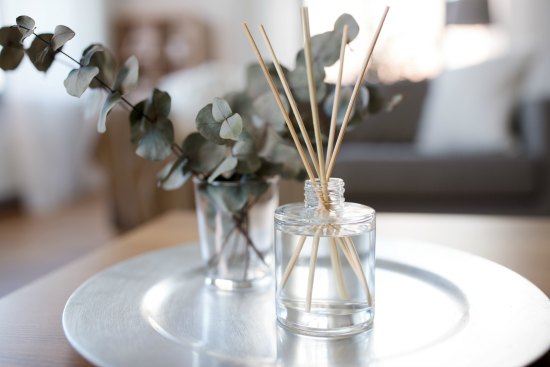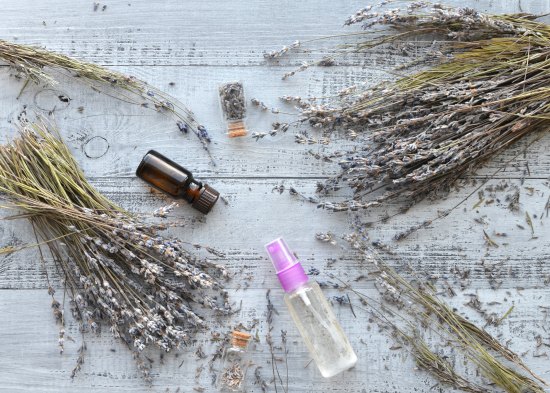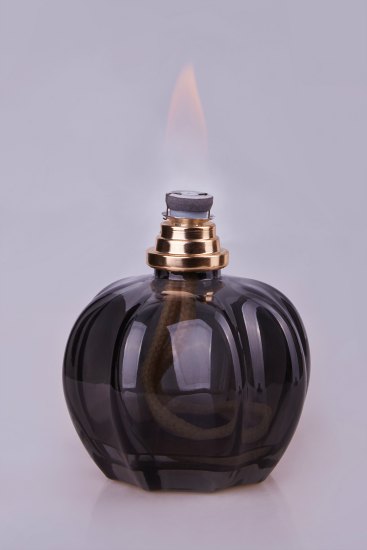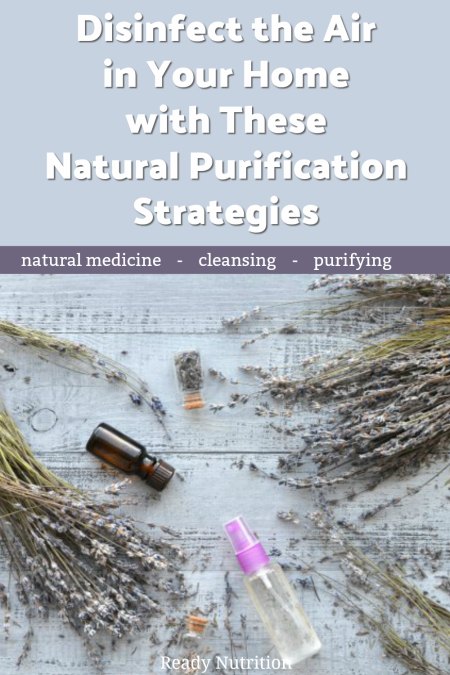You may think it best to seal your windows shut during winter, but by doing so, you may be subjecting your immune system to fending off symptoms from indoor allergens or have respiratory problems.
The reason being is air quality in homes can diminish due to low ventilation and your immune system can become compromised. Did you know that fresh air helps your immune system to fight off disease more effectively? It also supplies your immune system with the oxygen it needs to kill and destroy bacteria, viruses, and germs, as well as improves a healthier white blood cell count. If you are exhibiting any of the following symptoms, you may want to consider opening a window:
Dryness and irritation of the eyes, nose, throat, and skin
Headache
Fatigue
Shortness of breath
Hypersensitivity and allergies
Sinus congestion
Coughing and sneezing
Dizziness
During flu season, consider purifying the air for an added health boost. Some fresh air prevents respiratory conditions from worsening, and they also help keep healthy lungs healthy because they remove the substances from the air that can irritate the lungs.
Along with letting some fresh air in, adding some of the beneficial properties of aromatherapy has been shown to have a profound impact on lifting moods, purifying the air, and making a room smell great in the process. Skeptical? Here’s a fact for you: these oils were present inside the plant in order to help protect it from mold and bacteria from growing, so those same properties can help us. Read more about essential oils here.
The Best Essential Oils that Improve Air Quality
Antibacterial – Due to the increase of antibacterial resistant illnesses, many are turning to essential oils such as basil, cassia, cinnamon, clove, cypress, eucalyptus, geranium, lavender, lemon, marjoram, melaleuca, myrrh, orange, oregano, peppermint, rosemary, tea tree, and thyme.
Antiviral – Oils that have been studied to help control viral infections include: basil, cassia, cinnamon, eucalyptus, frankincense, lemon, lemongrass, marjoram, Melaleuca, myrrh, oregano, and thyme.
Antimicrobial – Having some oils that have antimicrobial action will also help fight germs. Herbs such as lavender, Melaleuca, geranium, lemon, eucalyptus, Ravensara, rosemary, cinnamon, thyme.
Here Are Three Ways To Disinfect the Air in Your Home with Essential Oils
1. Diffuser

Diffusers are quite popular now and can be seen anywhere from the office, classrooms, and the home. It utilizes the healing properties of essential oils by breaking them down into smaller molecules, dispersing them into the air for a pleasant or calming effect. This is a natural way to improve and balance your moods and create a healthier environment by naturally purifying the air.
I have an electric one that can easily be purchased online and have also made my own “low tech” style diffuser. Here’s an article on making your own essential oil diffuser. All you need is a carrier oil, vodka, and some purifying essential oils. You can start with a simple combination of rosemary and lemon, lavender and orange, or eucalyptus and lemon. For more purifying action, try some of these:
Air Purifying Essential Blend:
-
- 10 drops Tangerine
- 5 drops Tea Tree Oil
- 5 drops Eucalyptus
- 5 drop Lemongrass
Germ Fighter Diffuser Blend
-
- 3 drops Cinnamon
- 3 drops Clove
- 3 drops Lemon
- 3 drops Rosemary
- 3 drops Eucalyptus
To make a diffuser, here’s what you need:
1/4 cup carrier oil
1/4 cup vodka
15-20 drops of essential oils
Mix all together and add to a diffuser with bamboo reeds to distribute the scent.
2. Make your Own Purifying Room Spray

Using the same essential oil combinations, you can also make a spritzing room spray to purify the air and freshen up a room. By using vodka as an ingredient in the room spray, your natural spray can last months. The reason being is vodka acts as a natural preservative and disinfectant, but if you don’t have any, another option is to use witch hazel, as it contains some alcohol (typically around 18%).
How To Make a Purifying Room Spray
-
- distilled water
- vodka or witch hazel
- 10 drops lavender essential oil
- 10 drops peppermint essential oil
- 10 drops lemongrass essential oil
- 10 drops eucalyptus essential oil
-
- Fill an 8-ounce glass spray bottle 3/4 full with distilled water.
- Fill bottle 1/4 full with vodka or witch hazel.
- Add essential oils to the spray bottle.
- To use, shake the bottle to incorporate the essential oils and then spray it upwards to disinfect the air.
Note: One of my favorite essential oils to use in a room during flu season is Ravensara. When influenza strikes, this essential oil can be added to your room spray to deliver healing to those struck down with flu. Its antiseptic, antimicrobial, and antiviral qualities disinfect the air and its expectorant and immunomodulant actions help those that are sick get better faster.
3. Lampe Berger

According to one website, the Lampe Berger is “the oldest and most effective way to remove bacteria and odors from the air you breathe. The original Lampe Berger lamp was designed in France in 1898 by a pharmaceutical dispenser, Maurice Berger, for use in hospitals as a way of removing air-borne bacteria and combating sepsis.” French Institutions used this where hygiene was critical such as hospitals and mortuaries.
How it works is it burns oil very slowly by means of a catalytic converter (no flame) that is said to kill 67% of all bacteria in your air, eliminates odor-causing molecules in the air through the process of catalytic oxidation and as a result, increases oxygen levels in the room to help fight disease. While fragrances are available, they can be expensive. You can easily make your own using essential oils. This would be ideal for homes that have had recent bouts of illnesses. Read instructions from the Lampe Berger company for set up.
What you need:
-
- 90 percent isopropyl alcohol (this is not the same as rubbing alcohol)
- essential oils
- Lampe Berger (I got this one on Amazon)
-
- Add 16 ounces of isopropyl alcohol to a glass jar and add 10 drops of essential oil to your bottle.
- Then secure the top and shake the bottle well.
- Fille Lampe Berger with the mixture, and allow the wick to absorb liquid for up to 20 minutes.
- To use: Light the Lampe Berger with a lighter and allow it to burn for 2 minutes and blow out your flame and if you still have heat after 5 minutes everything is right if not you have too much oil in your Lampe Berger. If you haven’t burned a Lampe Berger in your home before or at least in a few days you will need to burn your Lampe Berger 1 hour for every 600sq.
Note: Isopropyl alcohol is extremely flammable. Be present in the room when using a Lampe Berger to ensure a fire does not occur.
Air Purifying Fragrance
-
- 16 ounces 90 percent isopropyl alcohol
- 2 drops each of lemongrass, eucalyptus, lavender, rosemary, tea tree oil
Germ Fighting Fragrance
-
- 16 ounces 90 percent isopropyl alcohol
- 5 drops each of clove, lemon, cinnamon, eucalyptus, rosemary
Here are 8 more ways to naturally purify the air:
- Indoor plants
- Beeswax candles
- Activated charcoal
- Change air filters
- Vacuum regularly
- Ceiling fans
- Clean window treatments
- Salt lamps
Start your Spring cleaning early with purifying the air in your home. Your energy level will improve, you won’t get sick as often, and your home will have a fresh scent to go along with its clean, organized new look.
Related:
Aromatherapy: An Introduction on How Aromas Can Heal
Lemon Balm: The Natural Benefits, Remedies, And Uses
The Antibiotic Properties of Cinnamon
The Healing Power of Frankincense

